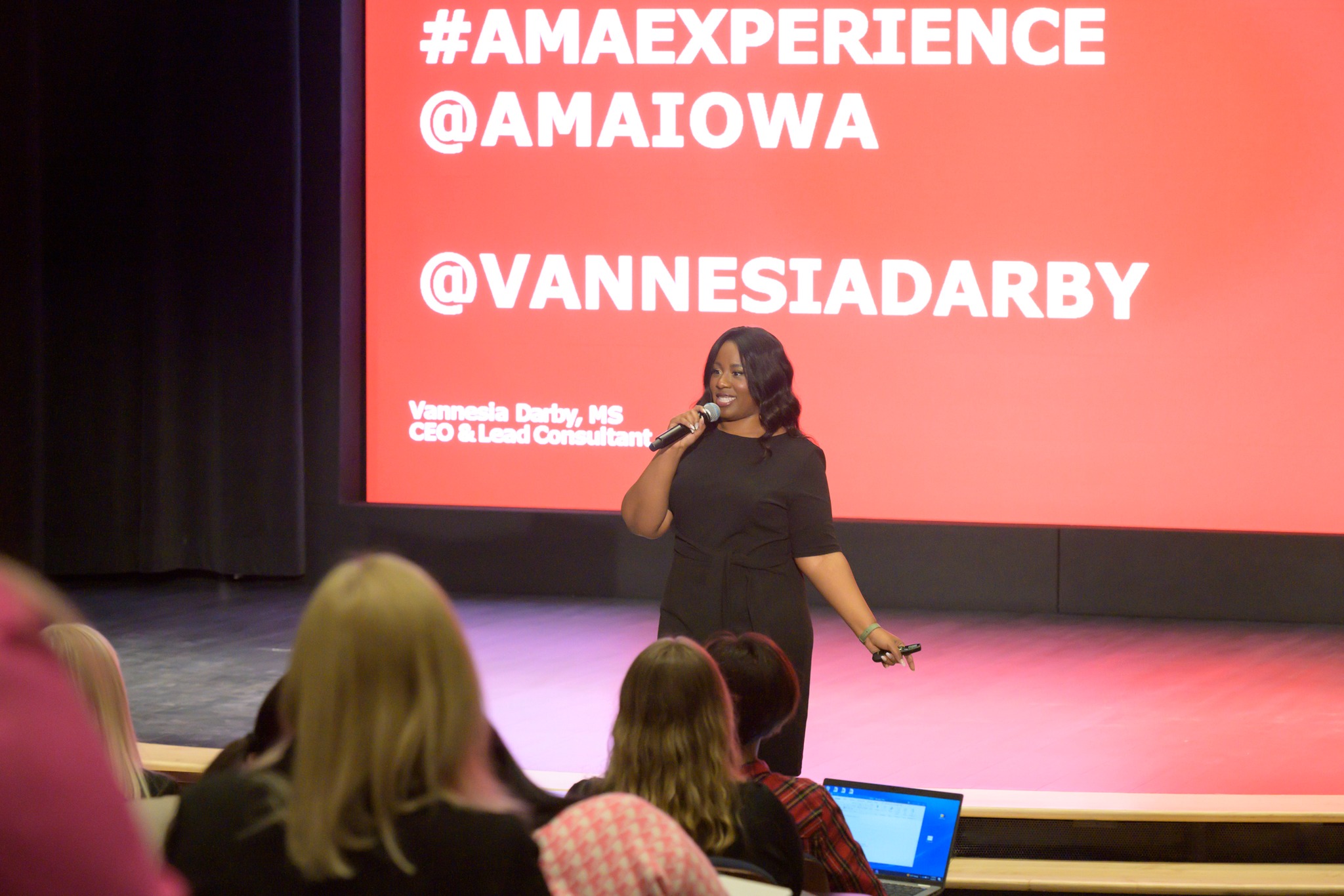
How Burnout Manifests in BIPOC Women in the Workplace ft. Jamila Jones, LCPC
This blog may contain content addressing a variety of topics. Some posts may discuss sensitive subjects or personal experiences. Reader discretion is advised. The views expressed in this blog are the author’s own and do not necessarily reflect the views of the blog platform. If you find any content distressing or need support, please prioritize your well-being and seek appropriate assistance. Thank you for being a part of our community.
Throughout this month, we’ve learned from others and had opportunities to examine ourselves more closely. Balancing busy work schedules, home responsibilities, and personal life can sometimes get overwhelming, so I hope you feel proud of yourself for taking the time to invest in your wellness.
Today, I’m excited to introduce someone who truly makes others feel seen and heard: Jamila Jones, a licensed clinical professional counselor and founder of Reclaiming Minds Therapy and Wellness. I’m so grateful to close out Mental Health Awareness Month with Jamila’s message bringing awareness along with tools and solutions. Join us as Jamila shares her insights and expertise on the unique challenges faced by BIPOC women in the workplace along with ways to properly recognize and address burnout.
Unveiling the Invisible Struggle: How Burnout Manifests in BIPOC Women in the Workplace by Jamila Jones, LCPC
Understanding the Struggle
In the pursuit of success and advancement in the workplace, many individuals face a relentless battle against burnout. However, for Black, Indigenous, and People of Color (BIPOC) women, this struggle often takes on a unique and intensified form, stemming from systemic inequities, cultural pressures, and societal expectations. As we strive for diversity, equity, and inclusion in our workplaces, it’s crucial to recognize and address the specific challenges faced by BIPOC women in navigating burnout.
In this blog, we’ll delve into the nuanced ways in which burnout manifests in BIPOC women in the workplace, shedding light on the invisible struggles they endure. We’ll explore the intersectionality of race, gender, and culture and examine the impact of systemic barriers on their well-being. Additionally, we’ll discuss actionable steps organizations can take to support BIPOC women and foster a more inclusive and supportive work environment.
The Unique Challenges Faced by BIPOC Women
BIPOC women often experience a myriad of challenges in the workplace, ranging from microaggressions and discrimination to the pressure to conform to Eurocentric standards of success. These experiences can take a significant toll on their mental health and well-being, leading to increased levels of stress, anxiety, and burnout.
One of the key factors contributing to burnout among BIPOC women is the phenomenon of “emotional labor.” This term refers to the expectation placed on individuals, particularly women of color, to manage their emotions, navigate interpersonal dynamics, and maintain a sense of composure in the face of adversity. Whether it’s suppressing feelings of frustration in response to microaggressions or constantly code-switching to fit into predominantly white workspaces, BIPOC women often expend a considerable amount of emotional energy simply to navigate their daily experiences.
One of the key factors contributing to burnout among BIPOC women is the phenomenon of “emotional labor.”
Moreover, the lack of representation and opportunities for advancement can exacerbate feelings of isolation and imposter syndrome among BIPOC women. Despite their qualifications and capabilities, they may find themselves overlooked for promotions or excluded from decision-making processes, further eroding their sense of belonging and contributing to burnout.
Cultural expectations and familial obligations also play a significant role in shaping the experiences of BIPOC women in the workplace. Many BIPOC communities place a strong emphasis on collective responsibility and the fulfillment of familial duties, which can create additional pressure to excel in their careers while simultaneously fulfilling traditional roles and expectations.
Recognizing the Signs of Burnout
Burnout often manifests differently in BIPOC women compared to their white counterparts, making it essential to recognize the unique signs and symptoms they may exhibit. While feelings of exhaustion, cynicism, and inefficacy are common indicators of burnout across all demographics, BIPOC women may also experience physical symptoms such as headaches, insomnia, and gastrointestinal issues as a result of chronic stress and emotional strain.
Furthermore, the stigma surrounding mental health within many BIPOC communities can make it challenging for women to seek support or acknowledge their struggles openly. Fear of being perceived as weak or incompetent may prevent them from speaking up about their experiences, leading to further isolation and exacerbating their burnout.
Addressing Burnout in the Workplace
To create a more supportive and inclusive work environment for BIPOC women, organizations must prioritize diversity, equity, and inclusion initiatives and actively work to dismantle systemic barriers. This includes implementing policies and practices that promote equal opportunities for advancement, providing culturally competent mental health resources, and fostering a culture of belonging where individuals feel valued and respected for their unique perspectives and contributions.
Additionally, offering flexible work arrangements, such as remote work options or flexible scheduling, can help alleviate some of the pressures faced by BIPOC women juggling multiple responsibilities. Providing access to employee assistance programs (EAPs) and offering regular check-ins with managers or mentors can also facilitate early intervention and support for those experiencing burnout.
A Call To Action
The prevalence of burnout among BIPOC women in the workplace is a pressing issue that requires urgent attention and action. By acknowledging the unique challenges they face and taking proactive steps to support their well-being, organizations can create a more equitable and inclusive environment where all individuals can thrive.
Love,
Jamila Jones, LCPC
Connect with Jamila
- Instagram: @jjoneslcpc and @reclaimingmindstherapy
- Facebook: Reclaiming Minds Therapy and Wellness
- Website: reclaimingmindstherapy.com










